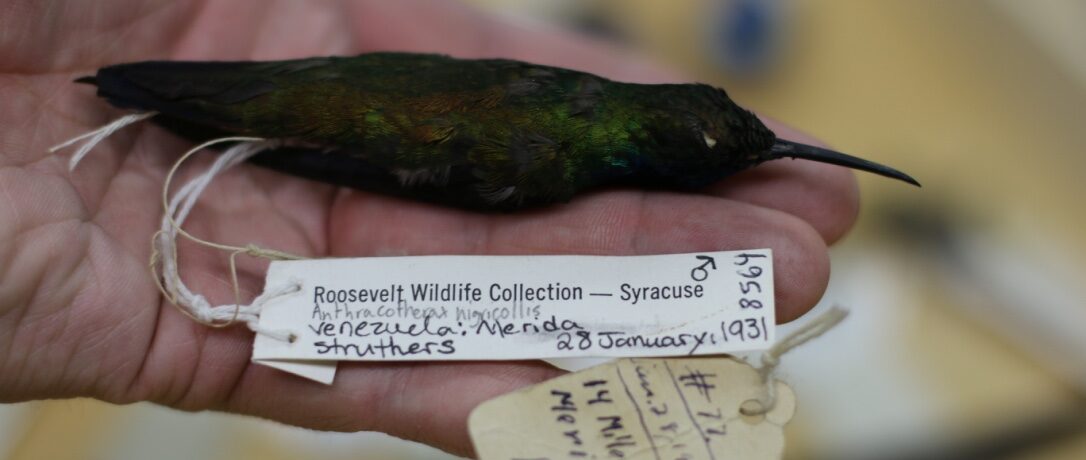Expand Your Broader Impact Skills: AIBS Communications Boot Camp for Scientists
The American Institute of Biological Sciences (AIBS) will offer its Communications Training Boot Camp for Scientists this October 15-16, 2018. Students and staff affiliated with NSC Alliance member institutions are eligible to receive a significant discount off of the regular program registration rate. The AIBS Communications Training Boot Camp for Scientists was designed to enhance […]

